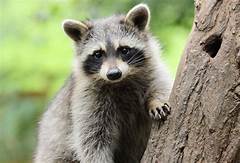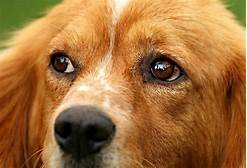Are Raccoons Legal Pets in California?
Raccoons are found throughout California, but they are not legal to keep as pets in the state. This is because raccoons are considered wild animals, and it is illegal to possess them without a permit. There are a number of reasons why raccoons are not suitable pets, including their potential to carry diseases, their destructive behavior, and their aggressive nature. Additionally, raccoons can be difficult to care for, as they require a specialized diet and plenty of space to roam.

Reasons Why Raccoons Are Not Legal Pets in California
There are several reasons why raccoons are not legal pets in California. These reasons include:
1. Raccoons are wild animals. Raccoons are not domesticated animals, and they can be unpredictable and dangerous. They may bite or scratch if they feel threatened, and they can also carry diseases that can be transmitted to humans.
2. Raccoons are destructive. Raccoons are naturally curious and playful animals, and they can be very destructive. They may chew on furniture, walls, and other household items. They may also raid your garden or trash cans.
3. Raccoons are difficult to care for. Raccoons have specialized dietary and habitat needs. They require a diet that is high in protein and low in carbohydrates. They also need plenty of space to roam and climb. If you do not provide your raccoon with the proper care, it may become sick or aggressive.
What Are the Penalties for Keeping a Raccoon as a Pet in California?
If you are caught keeping a raccoon as a pet in California, you may face a number of penalties, including:
1. Fines. You may be fined up to $1,000 for each raccoon that you are keeping illegally.
2. Jail time. You may be sentenced to up to six months in jail for each raccoon that you are keeping illegally.
3. Seizure of your raccoon. Your raccoon may be seized by animal control and euthanized.
What Should You Do if You Find a Raccoon in Need of Help?
If you find a raccoon in need of help, the best thing to do is to contact your local animal control agency. Animal control officers are trained to handle raccoons safely and humanely. They will be able to determine if the raccoon is sick or injured and provide it with the necessary care. If the raccoon is healthy, animal control officers will be able to release it back into the wild.
Declaration: All article resources on this website, unless otherwise specified or labeled, are collected from online resources. If the content on this website infringes on the legitimate rights and interests of the original author, you can contact this website to delete it.




